
By Daniel Teye BOTCHWAY
In early October 2025, Ghana witnessed one of its most significant homegrown investment deals in the mining sector. Engineers & Planners (E&P), the Ghanaian industrial giant led by Ibrahim Mahama completed the long-awaited US $100 million acquisition of Azumah Resources Ghana Ltd, owners of the Black Volta and Sankofa gold projects in the Upper West Region.
The transaction, financed through the ECOWAS Bank for Investment and Development (EBID), involved two international SWIFT transfers — US $91.92 million to IGIC PTE Ltd (Singapore) and US $8.07 million to CANGOL PTE Ltd (London), finalized between 6 and 7 October 2025.
Beyond the financial headlines, this deal represents a watershed moment for Ghana: a test of how local ownership, sound corporate governance, and community-centered development can work together to turn natural wealth into lasting prosperity.
The Deal and Its Significance
The E&P–Azumah agreement concluded after nearly two years of negotiations, legal clearances, and regulatory scrutiny. By acquiring all shares and settling Azumah’s outstanding loan obligations, E&P became the sole owner and operator of the Black Volta and Sankofa concessions.
The acquisition came after a High Court decision in June 2025 that cleared legal hurdles around ownership and financing. The involvement of EBID provided a transparent regional financing mechanism, subject to banking oversight and anti–money-laundering checks. The transaction has been registered with the Registrar-General’s Department and endorsed by the Minerals Commission, indicating that due process and corporate governance principles were largely observed.
Corporate Governance in Action
Sound governance was a central pillar in completing this high-profile takeover. Several features stand out:
Regulatory and Legal Compliance:
The registration of share transfers, court clearance, and the Minerals Commission’s oversight ensured the transaction met national legal standards.
Transparent Financing:
Public disclosure of payment details and EBID’s participation created a clear financial trail and accountability structure.
Board Reconstitution:
Post-acquisition, Azumah’s board was restructured to align with Ghanaian ownership and operational control, a key step in ensuring decision-making authority rests locally.
Stakeholder Engagement:
The new owners have begun consultations with community leaders, the Ghana Revenue Authority (GRA), and district assemblies to regularize obligations, including social investment and environmental impact assessments.
These measures strengthen investor confidence and set a precedent for how domestic firms can execute large-scale mergers responsibly within Ghana’s regulatory framework.
Economic Impact — From Boardroom to Grassroots
Ghana’s mining sector contributes nearly 40 percent of total export revenues and about 6 percent of GDP. According to the Ghana Chamber of Mines, the country produced approximately 4.8 million ounces of gold in 2024, positioning it as Africa’s leading gold producer. The E&P-Azumah project, once operational, could further expand this output and inject new capital into the economy.
At the national level, the deal strengthens the cedi through foreign-exchange inflows, increases corporate tax and royalty payments, and stimulates the engineering and logistics sectors. By financing through a regional development bank, the project keeps value within the ECOWAS financial ecosystem.
At the community level, the potential impact is transformative. During mine construction, hundreds of local jobs are expected, with additional indirect employment in catering, haulage, and supply chains. Stable wages improve household incomes, boost local markets, and can lead to better access to education and healthcare.
Infrastructure development is another major dividend. Mining companies are mandated to invest in road networks, water systems, and community facilities — projects that directly raise living standards. With proper oversight, these benefits can convert once-marginalized rural areas into vibrant economic zones.
Broader Implications for Ghanaian Ownership
The successful completion of the E&P–Azumah takeover marks a symbolic and strategic victory for Ghanaian enterprise. For decades, large-scale gold mining has been dominated by foreign companies such as Newmont, AngloGold Ashanti, and Gold Fields. E&P’s entry into mine ownership signals a new phase of indigenous participation where local firms are not only service contractors but equity owners in the value chain.
This shift aligns with the government’s broader local content policy and the “Ghanaian Ownership for Shared Prosperity” agenda under the Ministry of Lands and Natural Resources. It reinforces national ambitions to retain more value domestically and promote inclusive growth through local entrepreneurship.
Conclusion
The US $100 million E&P takeover of Azumah Resources is more than a business transaction; it is a litmus test for Ghana’s capacity to manage its own mineral wealth responsibly. Through strong governance, transparent financing, and meaningful community engagement, this deal could redefine how resource projects contribute to national development.
If executed with integrity, the Black Volta and Sankofa projects can become catalysts for rural transformation, providing decent jobs, better infrastructure, and new opportunities for families across the Upper West Region. In an era where citizens demand accountability and shared prosperity, E&P’s stewardship of Azumah Resources may well determine whether Ghana’s gold truly glitters for all.
The writer is a Human Rights, Cultural and Governance Consultant
The post Gold revival: How E&P’s US$100m takeover of Azumah could transform communities and the economy appeared first on The Business & Financial Times.
Read Full Story
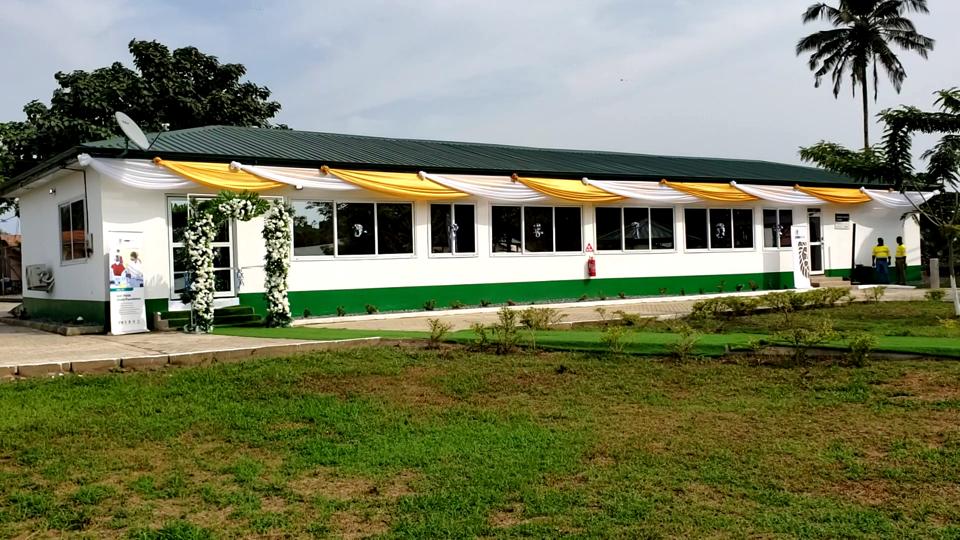


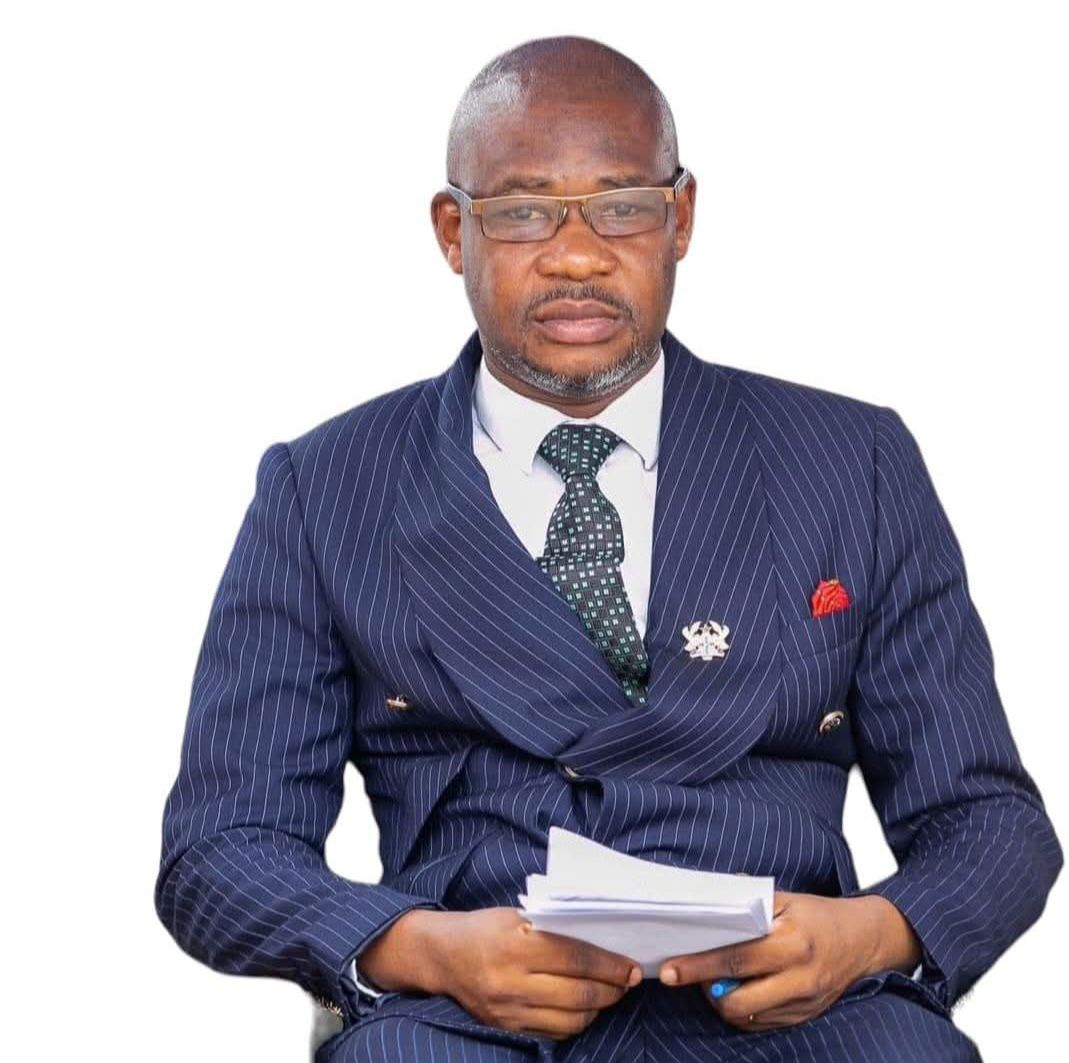

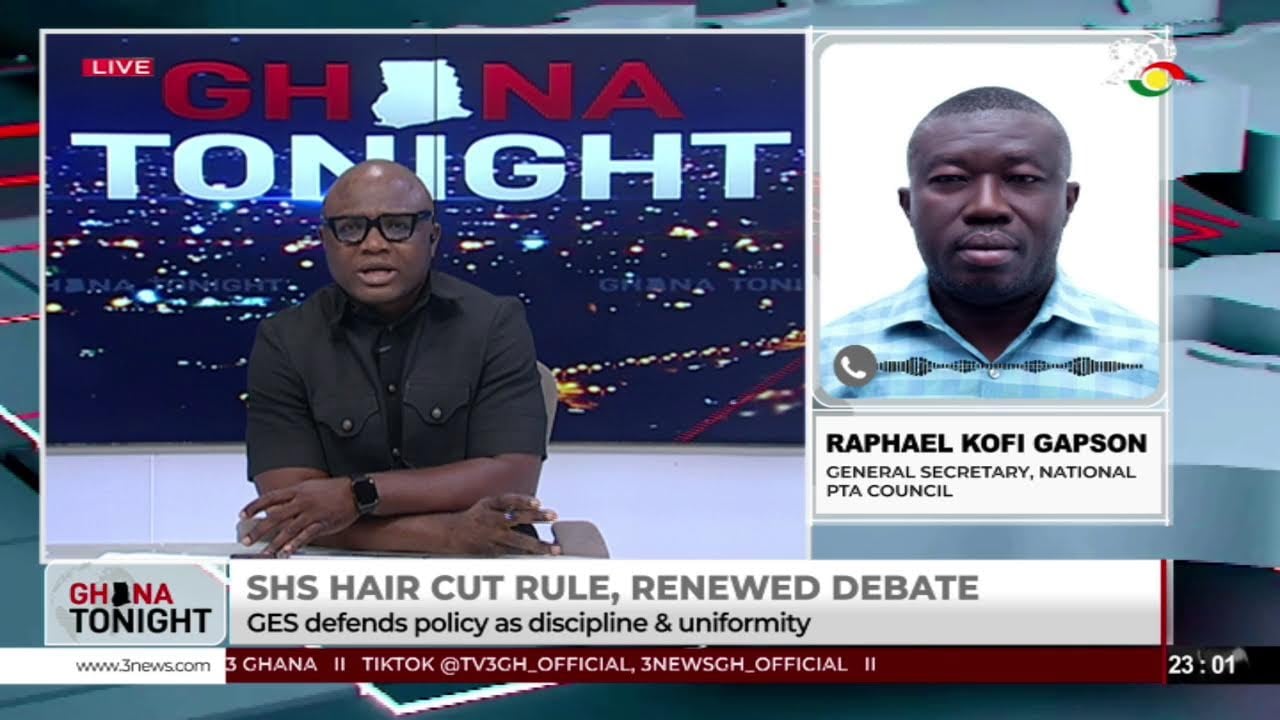


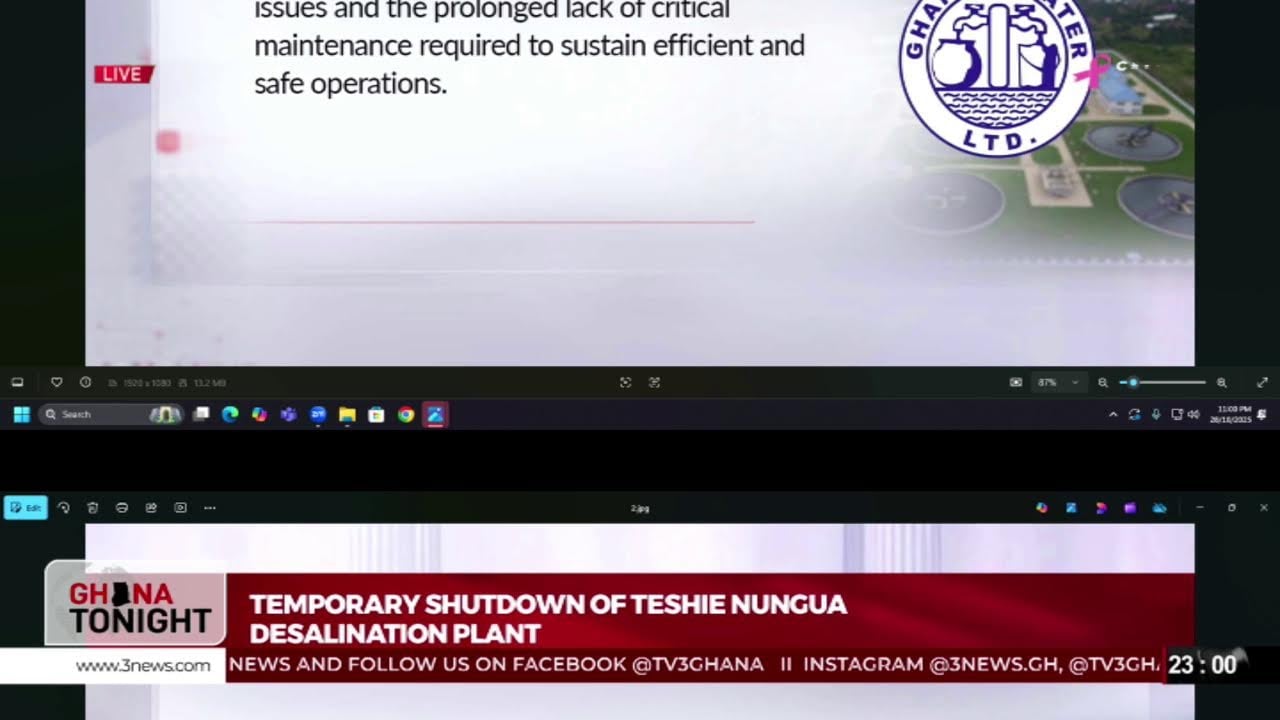
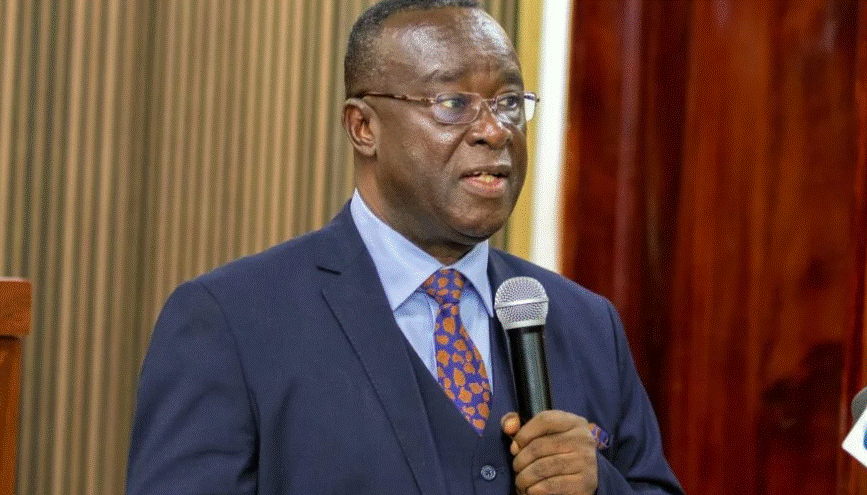


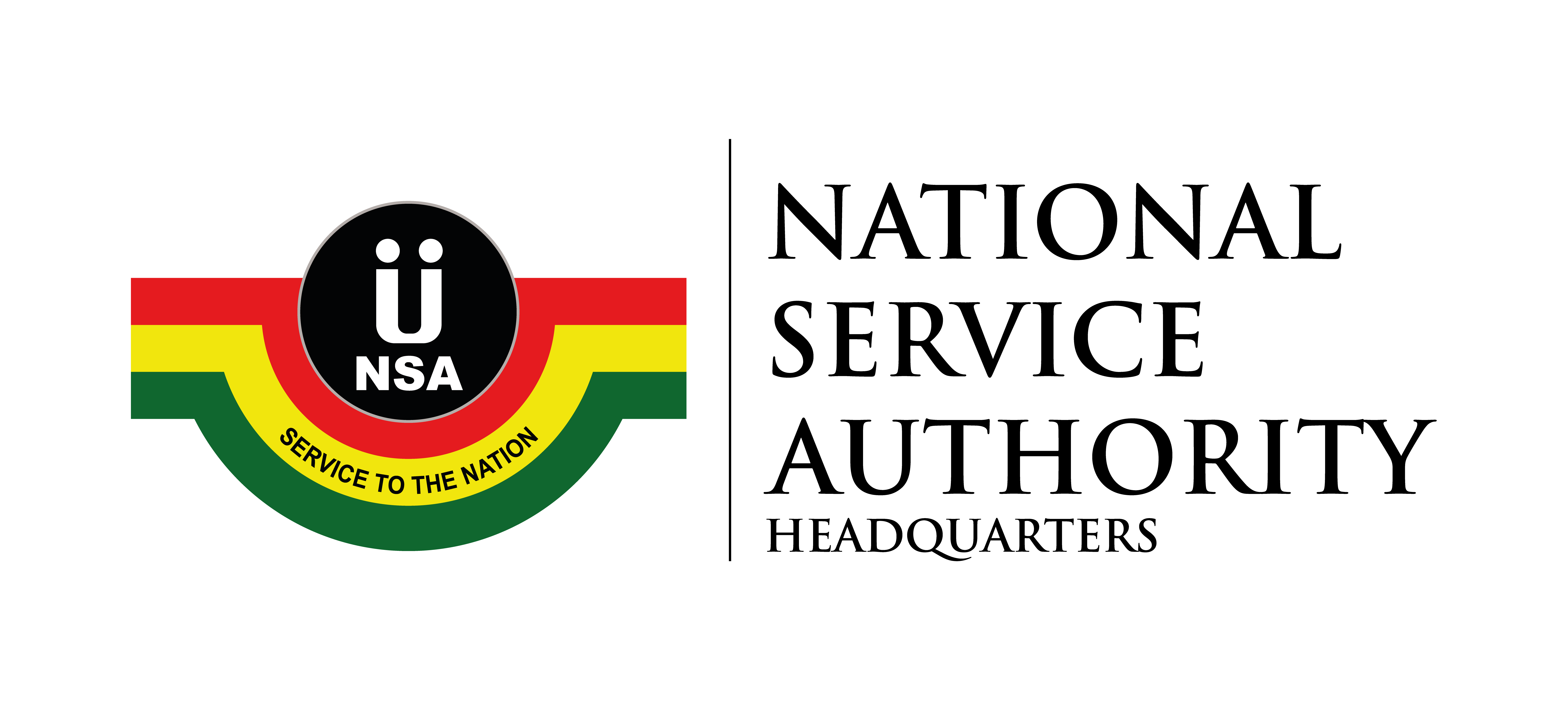


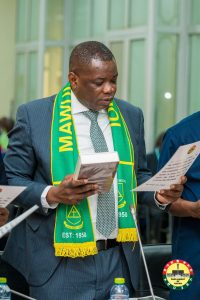


Facebook
Twitter
Pinterest
Instagram
Google+
YouTube
LinkedIn
RSS